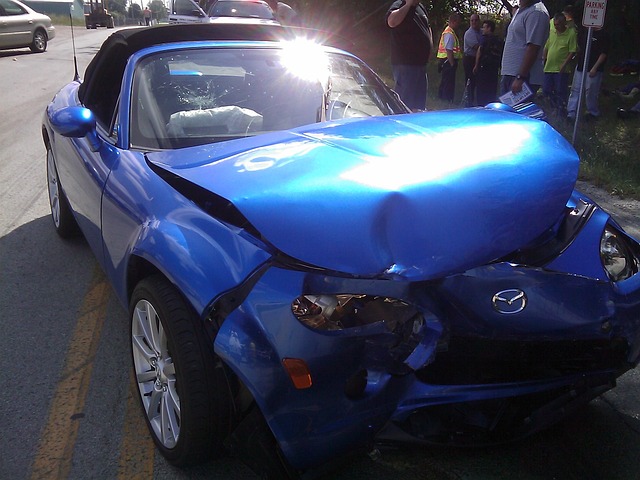In 2021, the Mileage Death Rate (MDR) for traffic fatalities in California was 1.38 per 100 million miles traveled, reflecting the persistent dangers on the road. Car accidents can significantly impact your insurance rates, making it essential to understand how these changes occur. Professionals, such as those at the Law Offices of Steve Gimblin, can provide expert advice on managing the aftermath of an accident.

When you’re involved in a car accident, especially in places like Yuba City, your insurance rates often increase due to the perceived higher risk. This blog will explain the factors that influence rate hikes, such as the severity of the accident, fault determination, and your driving history. Additionally, we’ll discuss ways to mitigate these impacts, including safe driving courses, increasing your deductible, and shopping for competitive rates.
Factors Considered After an Accident
Fault Determination
In most jurisdictions, the fault is determined by insurance claim adjusters following an investigation. The driver determined to be at fault for causing the accident will usually experience higher insurance premiums as a result. However, even if you were declared not at fault, your rates may still increase or remain unaffected in some cases.
Claims History
Your claims history plays a significant role in determining how car accidents impact your insurance rates. Insurance companies review how many claims you have made in the past and what types of claims they were (e.g., bodily injury, property damage). If you frequently report accidents or have a history of making large claims, this could lead to increased premiums.
Severity of the Accident
The severity of the accident also affects how much your insurance rate may increase after an incident. Insurers typically consider factors like the cost of repairs or medical expenses resulting from bodily injuries sustained to determine the potential impact on your rates. More severe accidents often result in higher claim payouts than minor fender benders or single-car collisions.
Ways to Minimize the Impact on Insurance Rates
Safe Driving and Defensive Driving Courses
Taking part in safe driving courses or defensive driving programs can positively impact your insurance rates. Completing these courses showcases your commitment to improving your skills and minimizing the risk of future accidents. Insurance companies may even offer discounts for completing such programs.
Increasing Deductibles
Opting for a higher deductible is another effective way to mitigate the financial impact of increased insurance premiums after an accident. While this approach will increase out-of-pocket expenses in the event of a claim, it generally reduces monthly premium costs.
Comparing and Shopping Around for Quotes
After an accident, it becomes even more critical to shop around for car insurance options that suit your needs and budget. Different insurers may assess accidents differently, making it beneficial to compare quotes from multiple providers before settling on one.
Making Sensible Repairs Decisions
When assessing claims after accidents, insurers consider not just the cost but also whether repairs were necessary or excessive to resolve the damages sustained in the crash. By making sensible repair decisions and avoiding unnecessary expenses, you can potentially help minimize the impact on your premiums.
Credit Score and Financial Stability
Insurance companies often consider an individual’s credit score and financial stability when assessing the impact of a car accident on insurance rates. Statistically, individuals with lower credit scores are more likely to file claims, which can result in higher premiums. Additionally, insurers view those with unstable finances as potentially less capable of paying deductibles or meeting increased premium costs.
Time Since the Last Accident
The length of time since your last accident can also affect how much of an impact a new incident will have on your insurance rates. Insurance providers generally assess accidents within a specific timeframe (e.g., three to five years). If it has been several years since your last accident, this might result in a smaller rate increase compared to someone who had an incident recently.
Insurance Coverage Selection
The type and level of coverage you choose can influence the impact of a car accident on your insurance rates. For instance, if you have chosen minimal coverage or opted for only state minimum requirements, insurers may charge more after an accident to recoup their costs. On the other hand, if you have comprehensive coverage with higher limits, the increase in premiums may be less significant.
Conclusion
Getting into a car accident can lead to long-term consequences beyond immediate physical damage and emotional distress; it can affect your insurance rates as well. Factors like fault determination, claims history, severity of accidents, demographics, and driving records are all considered by insurance companies while evaluating how much individuals will face an increase in their insurance premiums. By adopting safe driving practices, exploring defensive driving courses, and making prudent decisions about repairs, drivers can effectively mitigate the potential financial burdens caused by car accidents.
Remember, comparing quotes from multiple insurers can also help you find the best possible rates post-accident.
















Add Your Comment